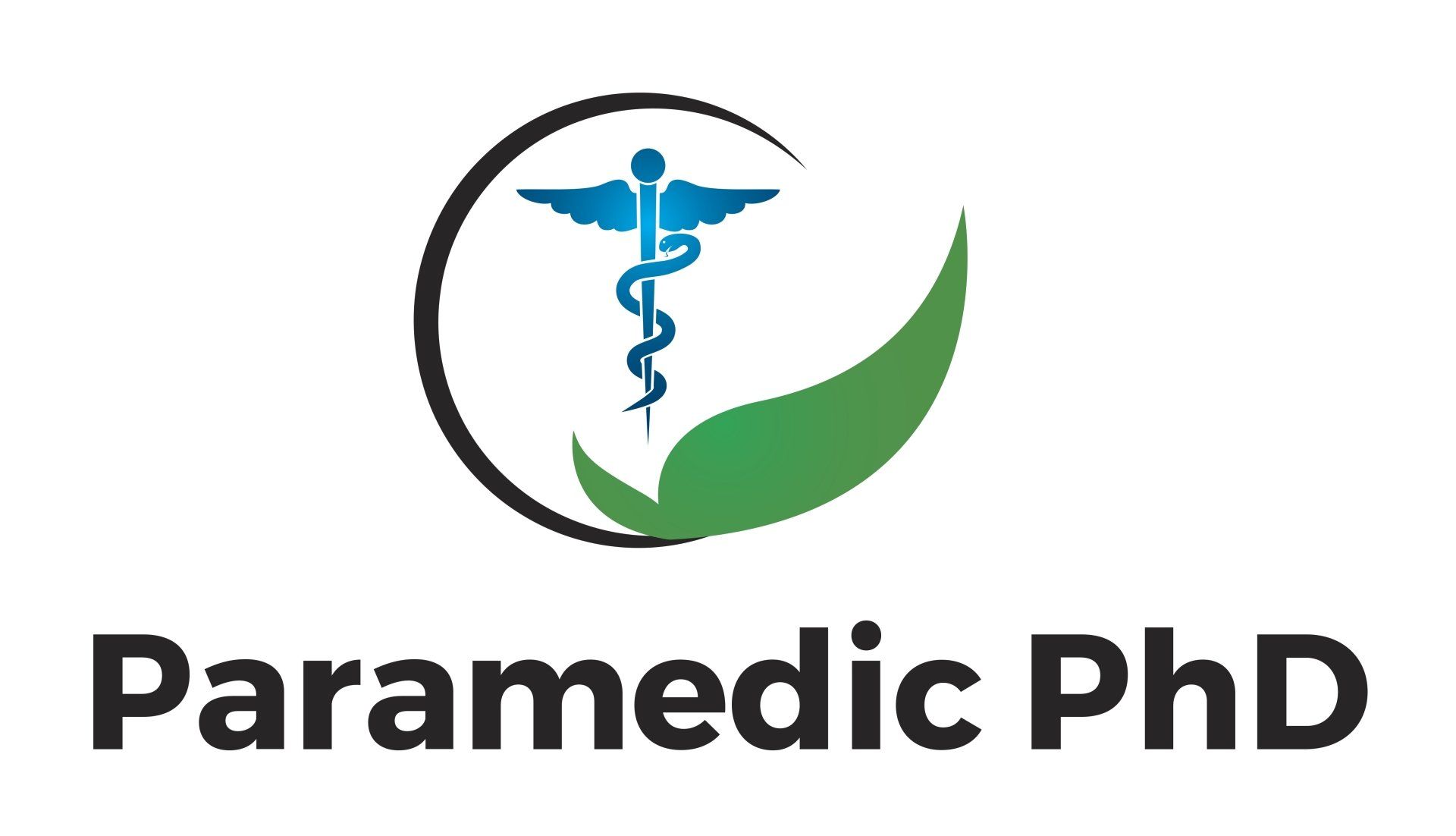Doctorate
Doctorate Title: Using realist approaches to explain and understand the optimal use of paramedics in primary care.
Doctorate Description: Paramedics, with their generalist clinical background acquired from ambulance service experience, are increasingly employed in primary care. However, the specific contribution paramedics can offer to the primary care workforce has not been distinctly outlined. This thesis aims to address this uncertainty, employing realist approaches to construct a programme theory. This theory is derived from evidence gathered through five interconnected studies, enriched by active involvement and engagement with stakeholders, patients, and the public.
An exploratory systematic review of the literature published in the United Kingdom (UK) identified gaps in the evidence base on the subject and enabled the production of an initial programme theory. This initial programme theory was refined following a broader realist review, which included a range of document sources across a global scale, and integration with key substantive theories.
Realist evaluation unfolded in three consecutive phases, each contributing to the refinement of the middle-range programme theory:
- In Phase I, a mixed-methods cross-sectional survey of paramedics in primary care in the UK was conducted to comprehend the existing practices of paramedics within the NHS.
- Phase II involved an analytic auto-netnography, where the DPhil student observed online conversations among paramedics in primary care. This exploration aimed to understand paramedics' perceptions of their role and provided a unique perspective for the student as a practitioner-researcher.
- Phase III utilised focused observations and interviews to delve into the impact of paramedics on the primary care workforce. This comparative study collected data from sixty participants across fifteen sites in the UK, and twelve participants across three sites in a specific region in Canada.
The culmination of findings from each phase led to the development of a final programme theory, encompassing three conceptual categories: Expectations associated with paramedics in primary care, the transition of paramedics into primary care roles, and the roles and responsibilities of paramedics in primary care. Based on the evidence generated, there are four key recommendations regarding how paramedics work in primary care:
- A clear strategy for communication of the paramedic’s role in primary care
- Developing a comprehensive curriculum framework for paramedics in primary care
- The need for an effective transition support structure
- Changes to legislation and policy
Addressing these recommendations on education, implementation and policy adjustments would likely enable paramedics optimise their contribution to primary care teams.
Details:
Type: PhD
University: University of Oxford
Primary Supervisor: Dr Kamal Mahtani
Category: Professional Development
Funding: Health Education England; National Institute of Health Research Doctoral Research Fellowship (Award ID: NIHR300681)
Start Date: 2019
End Date: 2023
Status: Complete
Thesis
ThesisResearch Interests
Paramedics working within urgent and primary care; knowledge translation




